Water to use -- Rowenta steam iron
asolo
17 years ago
Featured Answer
Sort by:Oldest
Comments (14)
dross
17 years agoRelated Professionals
Arlington Kitchen & Bathroom Designers · Highland Kitchen & Bathroom Designers · Leicester Kitchen & Bathroom Designers · Holden Kitchen & Bathroom Remodelers · Key Biscayne Kitchen & Bathroom Remodelers · Wilson Kitchen & Bathroom Remodelers · Appleton Custom Closet Designers · Odenton Custom Closet Designers · Sterling Heights Custom Closet Designers · Cleveland Flooring Contractors · Dorchester Flooring Contractors · Fort Myers Flooring Contractors · Roseville Flooring Contractors · Temecula Flooring Contractors · Willoughby Flooring Contractorskatieb2007
16 years agolooser
16 years agoasolo
16 years agogordonr
16 years agoasolo
16 years agoUser
16 years agolooser
16 years agofa_f3_20
16 years agomarysusanvaughn_me_com
13 years agoUser
13 years agokatieb2007
13 years agoorangedaisy52
13 years ago
Related Stories

HOUSEKEEPINGEasy Green: Steam Cleaners for a Chemical-Free Sparkle
Deep clean and sanitize by harnessing high-temperature water for floors, curtains and clothes as immaculate as they are healthy
Full Story
HEALTHY HOMEHow to Choose a Home Water Filtering System
Learn which water purification method is best for your house, from pitchers to whole-house setups
Full Story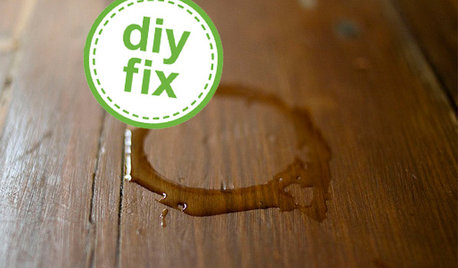
DECORATING GUIDESQuick Fix: Erase Water Rings from Furniture
A few household items can quickly rejuvenate tarnished wood tabletops
Full Story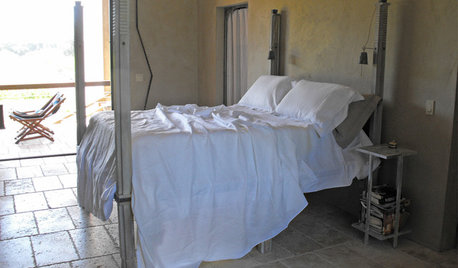
PRODUCT PICKSGuest Picks: Loving Linen All Over the Home
Charmingly rumpled or ironed smooth, these linen finds from napkins to curtains bring casual elegance to rooms
Full Story
DECORATING GUIDES25 Design Trends Coming to Homes Near You in 2016
From black stainless steel appliances to outdoor fabrics used indoors, these design ideas will be gaining steam in the new year
Full Story
KITCHEN APPLIANCESFind the Right Oven Arrangement for Your Kitchen
Have all the options for ovens, with or without cooktops and drawers, left you steamed? This guide will help you simmer down
Full Story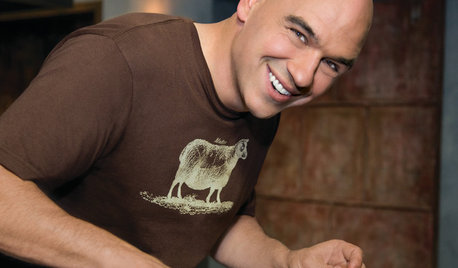
TASTEMAKERSPro Chefs Dish on Kitchens: Michael Symon Shares His Tastes
What does an Iron Chef go for in kitchen layout, appliances and lighting? Find out here
Full Story
TASTEMAKERSPro Chefs Dish on Kitchens: How Marc Vetri Cooks at Home
Learn an Iron Chef's kitchen preferences on everything from flooring to ceiling lights — and the one element he didn't even think about
Full Story
GREEN BUILDINGHouzz Tour: Going Completely Off the Grid in Nova Scotia
Powered by sunshine and built with salvaged materials, this Canadian home is an experiment for green building practices
Full Story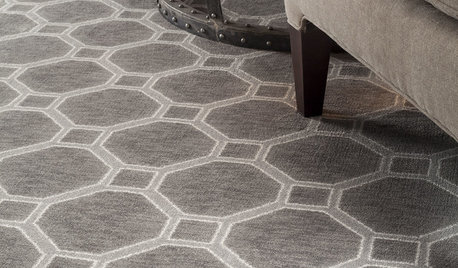
HOUSEKEEPINGDon't Touch Another Stain Before You Read This
Even an innocent swipe with water may cause permanent damage. Here's what to know about how rugs and fabrics react
Full StoryMore Discussions


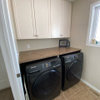
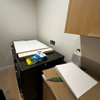

asoloOriginal Author